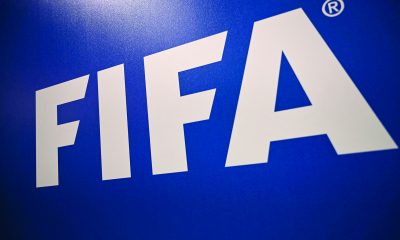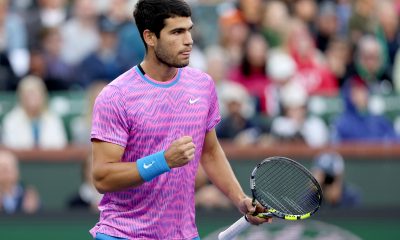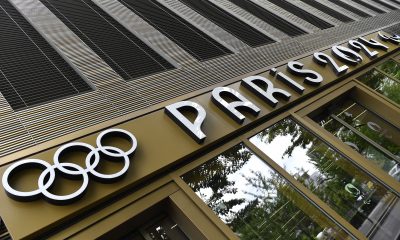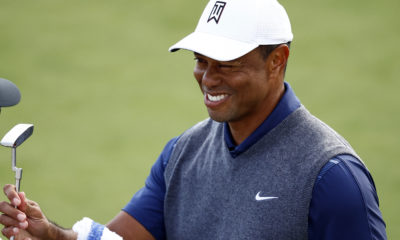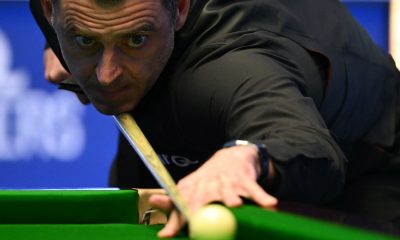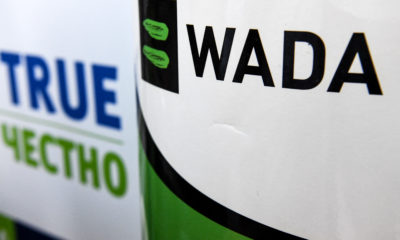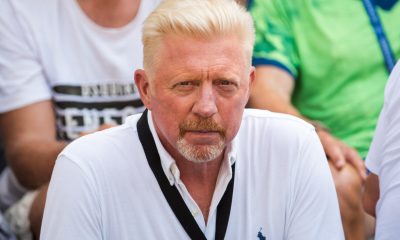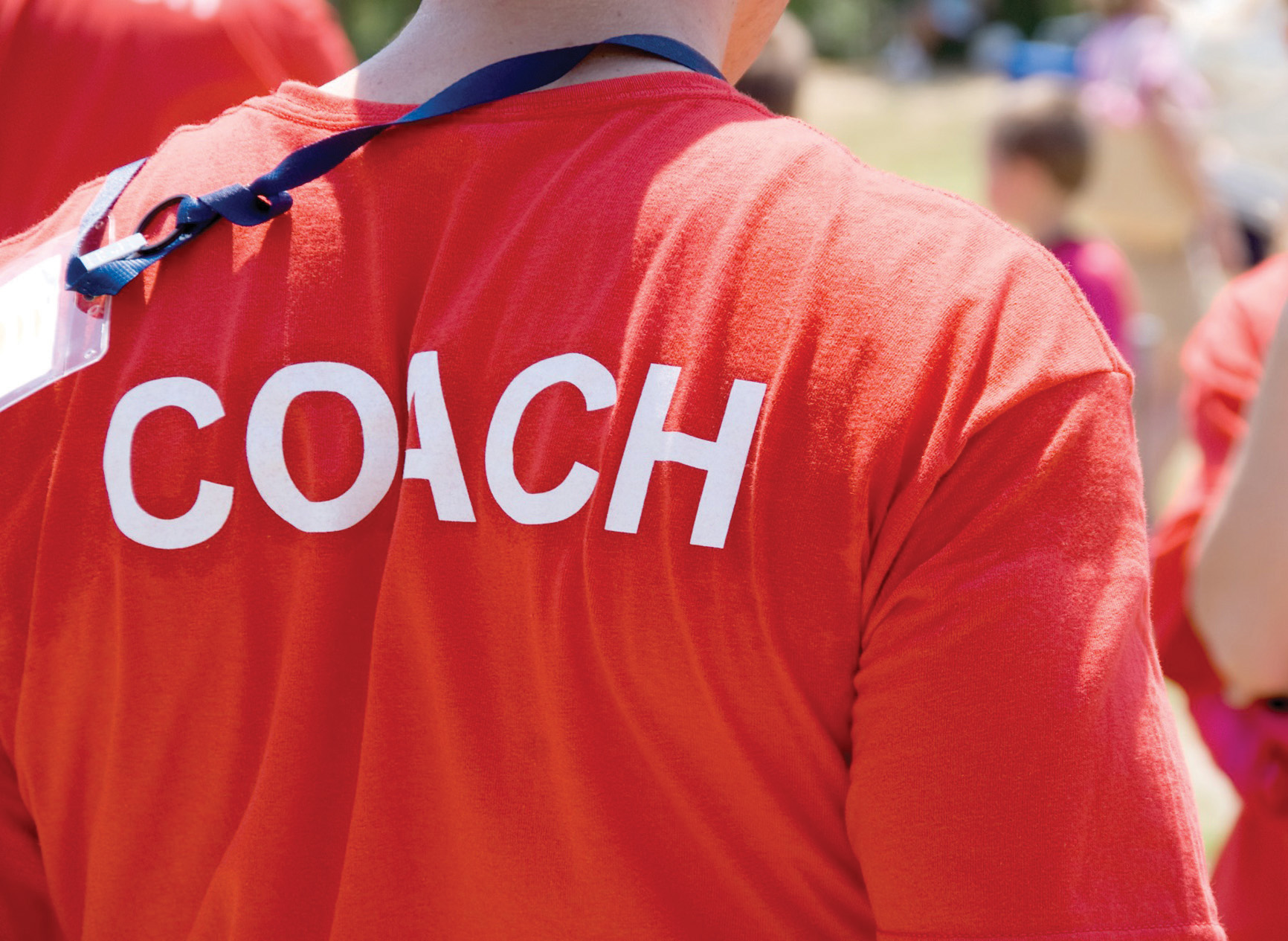
By Dr Renzo Kerr Kumbo
On my return from the 14th ICCE Global Coach Conference in Singapore, I could not but reflect upon the need for more advocacy for the recognition of Sports Coaching in Malta. This same need has been voiced by various stakeholders during local fora including the CoachEd6 conference at MCAST in 2022, the MCAST Sports Symposium and the MCS Conference in 2023.
The number of sports coaches in Malta (full-time, part-time and volunteers) count in the thousands, while there are tens of thousands using their services. The growth experienced by sports coaching in Malta, in the last decades, has drawn in a few hopeful improvements which at a minimum include a growing number of coaching education initiatives, the government’s lowered taxation for coaches, and
the coaches’ general active involvement.
Coaching education is, at present, either offered by sports associations or by higher education institutions.
While some of the education programmes within sports association(s) are growing in number, consistency, and quality, there are other associations without a clear educational framework and programme.
Some higher educational institutions, on the other hand, have been trying to elevate coaching education as an academic field but are facing several limitations or inconsistencies too.
Tax for sports coaches was lowered to 7.5% in the last few years. While this has been welcomed by many, one must reflect upon the actual reason behind this political and economic decision.
Furthermore, it is necessary to explore whether this has essentially contributed to the elevation of sports coaching and its promotion as a valuable and viable profession.
Coaches’ active participation in local debates has lately increased in numbers but possibly known to sporadic initiatives by individuals or specific organisations.
Additionally, the participation of coaching leaders in international fora has also been active over the years.
Yet, while this participation has served in the development of the participating individuals and the organisations they represent, it has rarely contributed to sports coaching as a profession, on a national level.
With the above as a non-comprehensive background to sport coaching development in Malta, and with the continuous criticism about the lack of sporting success in Maltese sports, we shall introspectively reflect on our national praxis, and whether this is targeting the elevation of Sports Coaching as a profession.
While sports coaching is vaguely recognised and (not) regulated in Malta, internationally, it is growing exponentially.

Many countries are presently looking at very specific contextual issues to elevate both profession and practice.
Areas such as robust recruitment process (which is still absent in Malta), attraction, recruitment, retainment and ‘returnship’ of sports coaches are deeply explored in Australia; flexible and healthy environments and systems for coaches’ retainment are explored in the Nordic countries; women
in coaching is on the wider contemporary international agenda; while fatherhood in sports coaching is an emerging field being explored by Icelandic colleagues.
Considering the number of people using the service of sports coaches in Malta and given the importance of sports coaching in the last electoral manifest of the present government, it is evident that there is a dire need to put this issue at the forefront of the national agenda in sports operation and management.
A Sports Coaching Authority (ex. Sport Coaching Malta) and/or a Sports Coaching Association, which may act either as a sub-section of the same authority or as an independent body, need to be the initial cornerstone of this movement, aimed at first recognising the profession and then act as a supporting structure to further improve practice.
While the Sports Coaches’ Association may be mainly focusing on supporting the profession by educating, registering and regulating all sports coaches, the Sports Coaching Authority shall be focusing on a policy and strategy level, with the same intention, that of preserving, supporting yet elevating sports coaching in Malta.
This can be obtained by at minimum focusing on the following three areas:
Sports coaching framework
Working collectively at the development of a sports coaching framework, which at minimum needs to define which organisation/s are responsible for developing, promoting and managing coaching in the country; define sports coaching, and define and distinguish all the roles that fit within sports coaching.
Sports coaching recognition and development
Developing a national coaches’ registry and a national coaches’ licensing system; an adequate research body or research affiliative bodies; coach education and national qualification framework alignment; and by implementing a system to support and elevate paid and volunteer coaches.
Sports coaching ethics
It is equally important to recognise and work towards a safe sports environment for all; implement evidence-based and national-level policy and actions to support men and women in coaching as well as under-represented groups.
While the above review of the position of sports coaching in Malta, and the proposed areas needed to elevate sports coaching as a profession are not comprehensive, this can be taken as an important step to initiate national discussions and action.
It should also provide the remit and construct the team of qualified and experienced professionals to develop the necessary bodies, policies and actions. Perhaps it is relevant to state that there is a small movement made of a few individuals who are tentatively working with Sport Coaching Europe (ICCE) and the Hellenic Federation of Sports Coaches and Trainers, with the intention to explore the way forward to develop a sports coaching association and possibly a sports coaching authority.
There is no doubt that this initiative can be further assisted by governmental support. Yet, it is important that any developed authority is given an arms-length approach to function towards the elevation of sports coaching and those thousands of citizens who make use of the services offered by them.
We shall hope for an even better Malta, we can dream of a winning strategy that goes beyond the final result of a single match or competition. We shall fully recognise the biggest workforce that keeps our sports alive, not only as a profession but also as an immense social contributor.
With this, I would like to thank all those coaches who miss Sunday dinners with their families, who are away on Christmas Day, who leave home at 6pm for training, who are still trying to collect their dues, who leave home when asked to stay by their children and loved ones, who get criticised and sacked by clubs and associations with very limited human kindness.
Thank you coaches, no matter how hard that may be!
Dr Renzo Kerr Cumbo (PhD) is an MCAST Senior Lecturer and a board member at Sport Coaching Europe.

World Cup News
-
FIFA World Cup
/ 1 day agoSaudi oil giant Aramco agrees major FIFA sponsorship deal
Saudi Arabia’s state oil giant Aramco and world football governing body FIFA on Thursday...
By AFP -
FIFA World Cup
/ 1 month agoSon scores but Thailand hold South Korea in World Cup qualifier
Son Heung-min scored but South Korea were held 1-1 at home by Thailand in...
By AFP -
FIFA World Cup
/ 2 months agoJapan-N. Korea World Cup game to stay in Pyongyang, JFA says
Japan’s World Cup qualifier against North Korea will be played in Pyongyang as planned...
By AFP -
FIFA World Cup
/ 2 months agoGerman ex-FA bosses on trial over World Cup tax evasion
Three German ex-top football officials went on trial on Monday in a 13.7-million-euro ($14.8...
By AFP

English Premier League
Liverpool Premier League title hopes suffer blow, Sheffield United relegated

English Premier League
Spurs will be on the attack against Arsenal: Postecoglou

English Premier League
Emery tells Villa to seize ‘amazing’ top four chance

English Premier League
Pochettino says ‘we all need to prove we belong’ at Chelsea

English Premier League
Man. City’s Premier League charges to be resolved in ‘near future’

Winter Olympics
Watch: Geisenberger wins sixth Olympic medal to tie luge record

